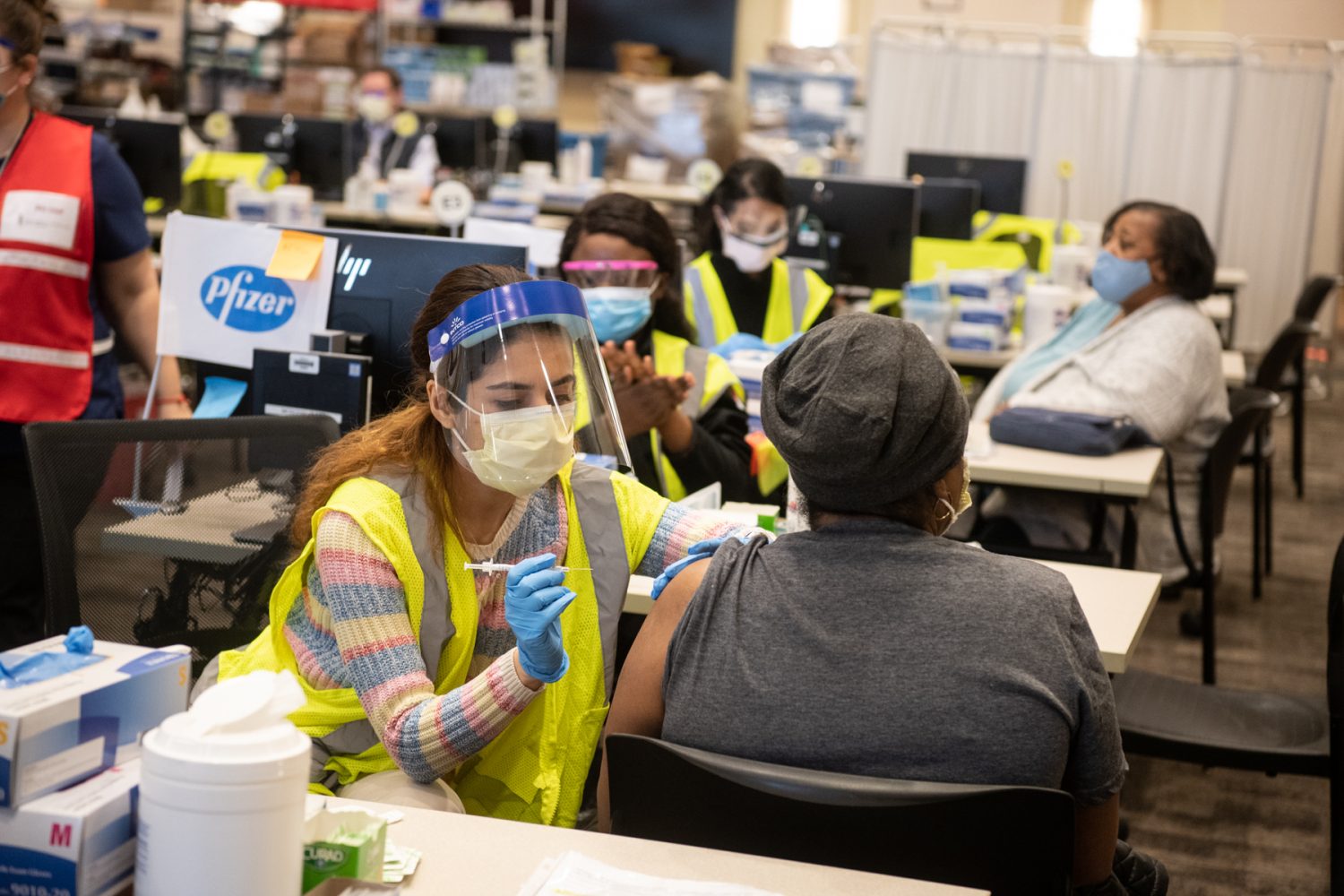The PA’s Role: COVID-19 Puts Renewed Focus on Graduate School Professor’s Work on Racial Health Disparities
August 09, 2021 Jen Badie
Shani Fleming says physician assistants and other health care providers must acknowledge structural racism, learn about the issues, self-reflect, and act.
Acknowledge structural racism. Learn about the issues. Self-reflect. Act.
These are the steps Shani Fleming, MS, MPH, PA-C, associate professor and chief equity, diversity and inclusion officer, University of Maryland Graduate School, believes physician assistants (PAs) and other health care providers must take to address racial health disparities in their patients.
Fleming says social determinants of health, such as living and working conditions, health care access, poverty, and environmental hazards, are central to the racial health disparities that have been brought to the forefront by the COVID-19 pandemic.
“How we are positioned in this world has a huge impact on health outcome, and you can’t separate one from the other,” said Fleming, who serves on the executive leadership team of the Graduate School’s Physician Assistant Leadership and Learning Academy (PALLA), a statewide initiative to advance PA education, research, and policy.
Providers need to “do personal work on how bias shows up in your daily experiences: Don’t get stuck in that denial of ‘I am not a racist, I don’t have privilege.’ Health care providers and PAs should continue to challenge themselves and self-reflect, then use their position to demand changes within the system. Are our practices and policies excluding some while benefiting others? And then work from there.”
Over the past year, minority populations have been disproportionately affected by COVID-19 hospitalizations and deaths, and they have had limited access to vaccines or may be hesitant to get it because of years of medical mistreatment.
“It’s real. These aren’t conspiracy theories or lack of education. We shouldn’t discredit people’s fear and hesitancy around the government and medical system. Structural racism is the foundation of medical history, and mistreatment of people of color is based on facts,” Fleming said of medical abuses.
You can read more about Fleming's work in the Spring 2021 issue of UMB’s CATALYST magazine.
The issue also highlights how students have received invaluable hands-on experience preparing COVID-19 vaccines and vaccinating patients at the SMC Campus Center as well as the important COVID-19 research being done across all of our schools. We also share the stories of our graduates, the first recipient of The Honorable Elijah E. Cummings ’76 Scholarship Endowment, the National Center for School Mental Health, and much more.